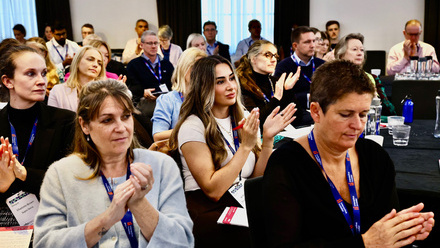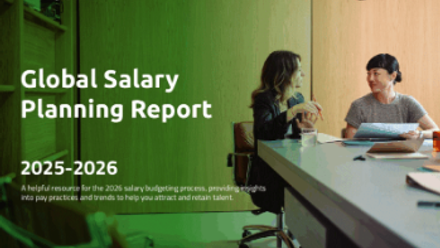Calls to reinstate gender pay gap reporting grow as deadline approaches

Calls to reinstate gender pay gap reporting have been set out by the Women and Equalities Committee in its report on coronavirus and the gendered economic impact. It warns that if the government does not start assessing the equality impact of its policies “it risks turning the clock back” on gender equality.
The report found that the pandemic has had a disproportionate effect on women because of existing gendered economic inequalities, the over-representation of women in certain types of work and the actions the government has taken.
The Committee found in its evidence that government policies have repeatedly been skewed towards men. As such, it has set out several recommendations to help tackle these problems.
For employers, one of the key proposals is to reinstate gender pay gap reporting, which was suspended last year to allow employers more flexibility when the pandemic first took hold.
The Government Equalities Office updated its guidance around gender pay gap reporting in December, outlining how employers must report those employees who have been furloughed – and therefore receiving a lower salary than usual. However, at the time of writing, it was unclear whether gender pay gap reporting for those with 250 employees or more will be mandatory for this year.
Dr Duncan Brown, principal associate at the Institute of Employment Studies, who contributed to the Committee’s investigation, commented: “The Committee’s frustration comes out in the report and they are right. What they term the ‘passive’ approach of the government to equality does not even recognise the differentiated nature of the impact on women, never mind act to combat it. Actions such as suspending rather than delaying gender pay gap reporting last year encouraged employers to push the issue down their priorities list too, like the government.”
Committee chair, Caroline Nokes, added: “As the pandemic struck, the government had to act quickly to protect jobs and adapt welfare benefits. These have provided a vital safety net for millions of people. But it overlooked the labour market and caring inequalities faced by women.”
She warned that the government’s passive approach to gender equality had made existing equality problems worse, and it risks doing the same in its plans for economic recovery.
“We need to see more than good intentions and hoping for the best,” said Nokes. “The government must start actively analysing and assessing the equality impact of every policy, or it risks turning the clock back.”
She believes that the 20 recommendations set out in its report will help to tackle the problems and create a more equal future.
In addition to reinstating gender pay gap reporting, the Committee also called on the government to introduce reporting measures on parental leave policies, ethnicity and disability. While it also wants to see a review over the adequacy of and eligibility for Statutory Sick Pay, and legislation to extend redundancy protection to pregnant women and new mothers.
Dr Brown commented: “With the increased pressures of caring and schooling during the pandemic being disproportionately taken by women, and the toll taken on female dominated keyworkers in sectors such as social care and retail, IES analysis shows that hundreds of thousands of them have dropped out of the labour market altogether, which does risk the feared return to a 1950s situation.
“All the evidence is that addressing gender inequality in the labour market needs a wide ranging and sustained response by governments and employers across a full agenda of areas.”
The author is Dawn Lewis, content editor at REBA.






